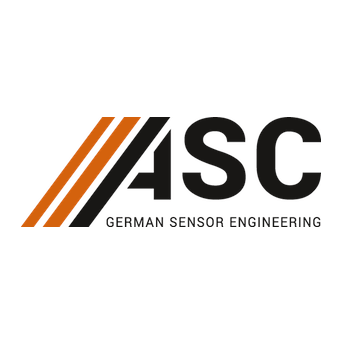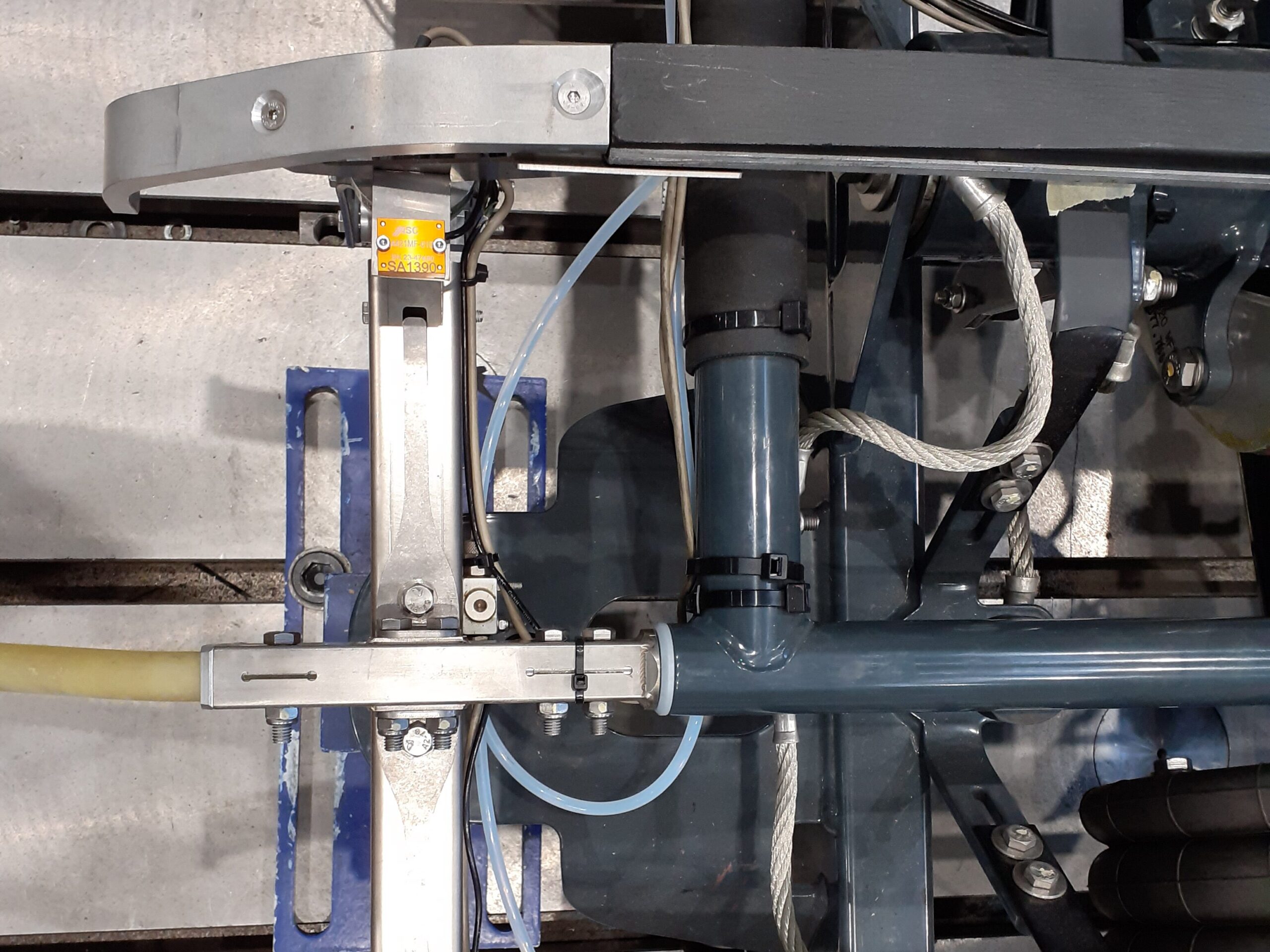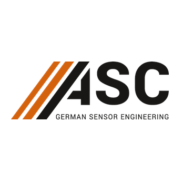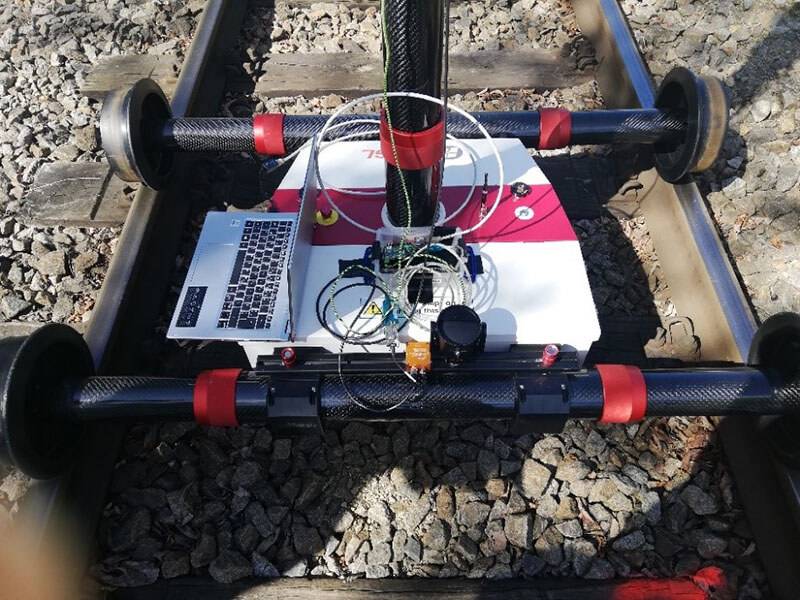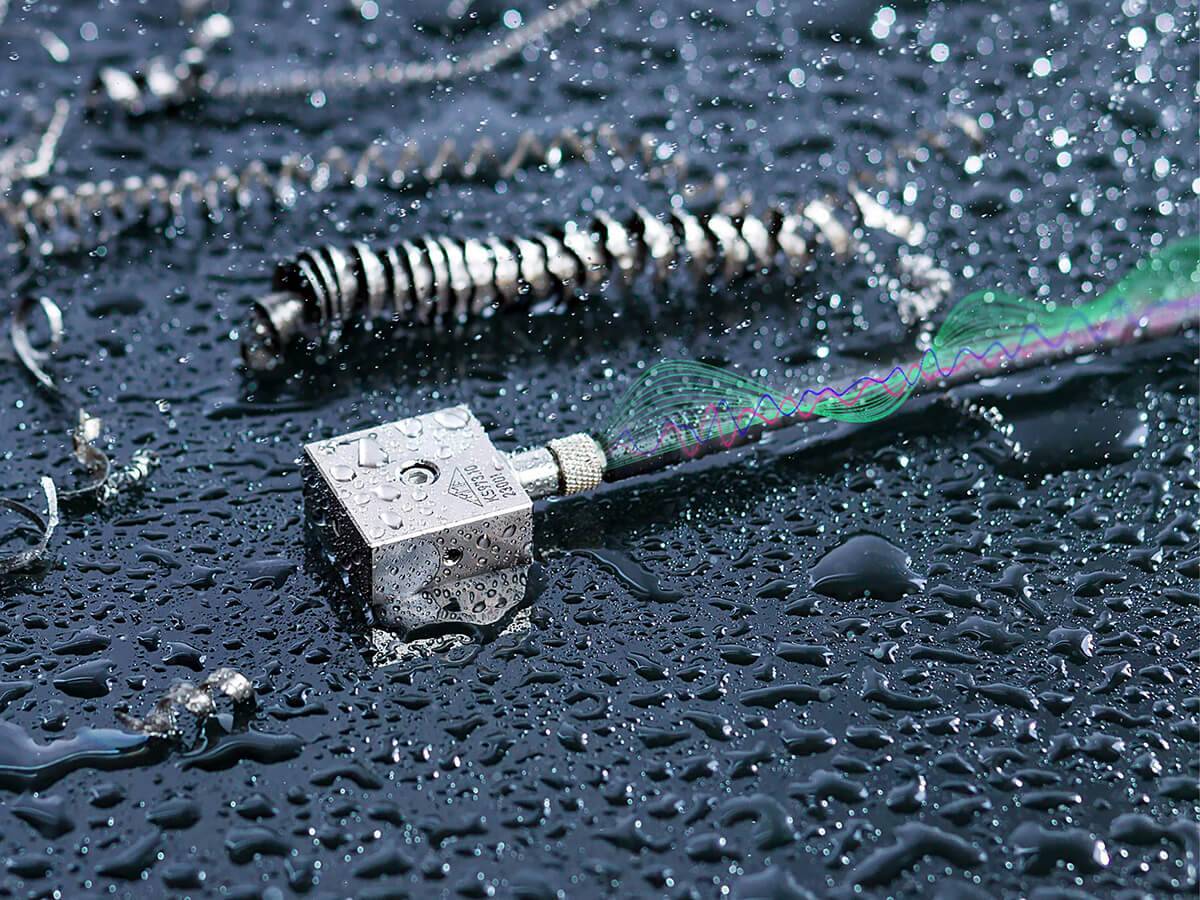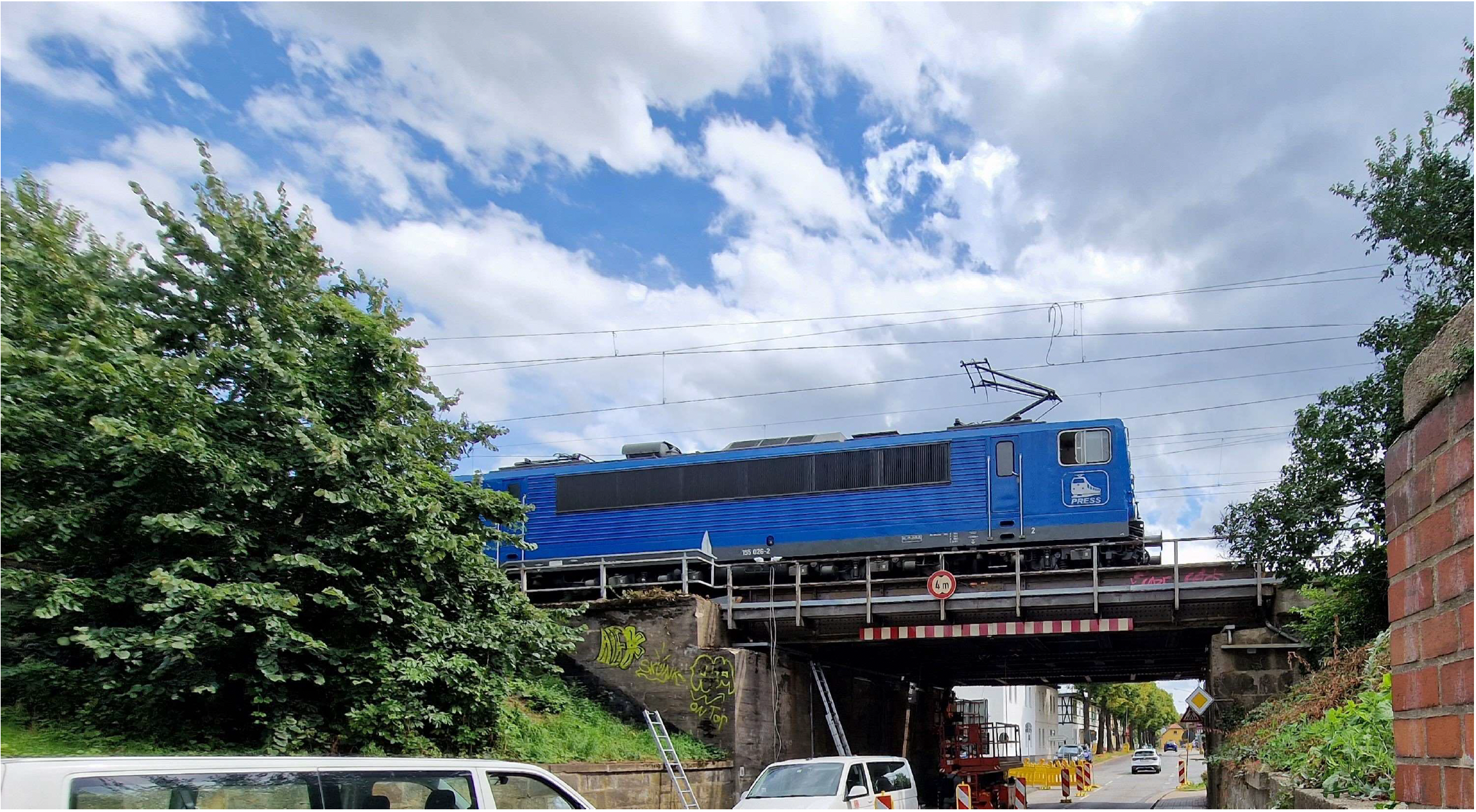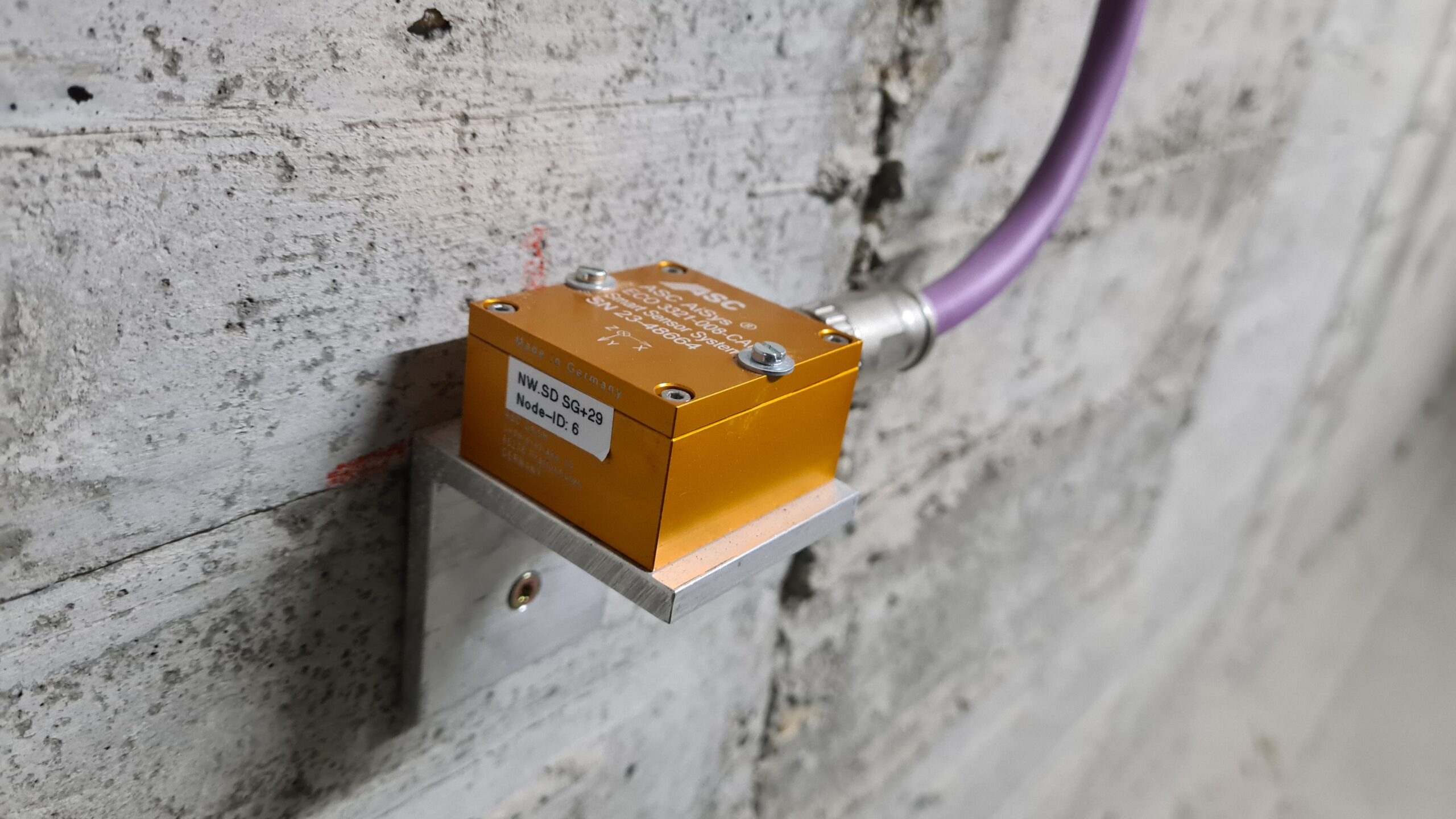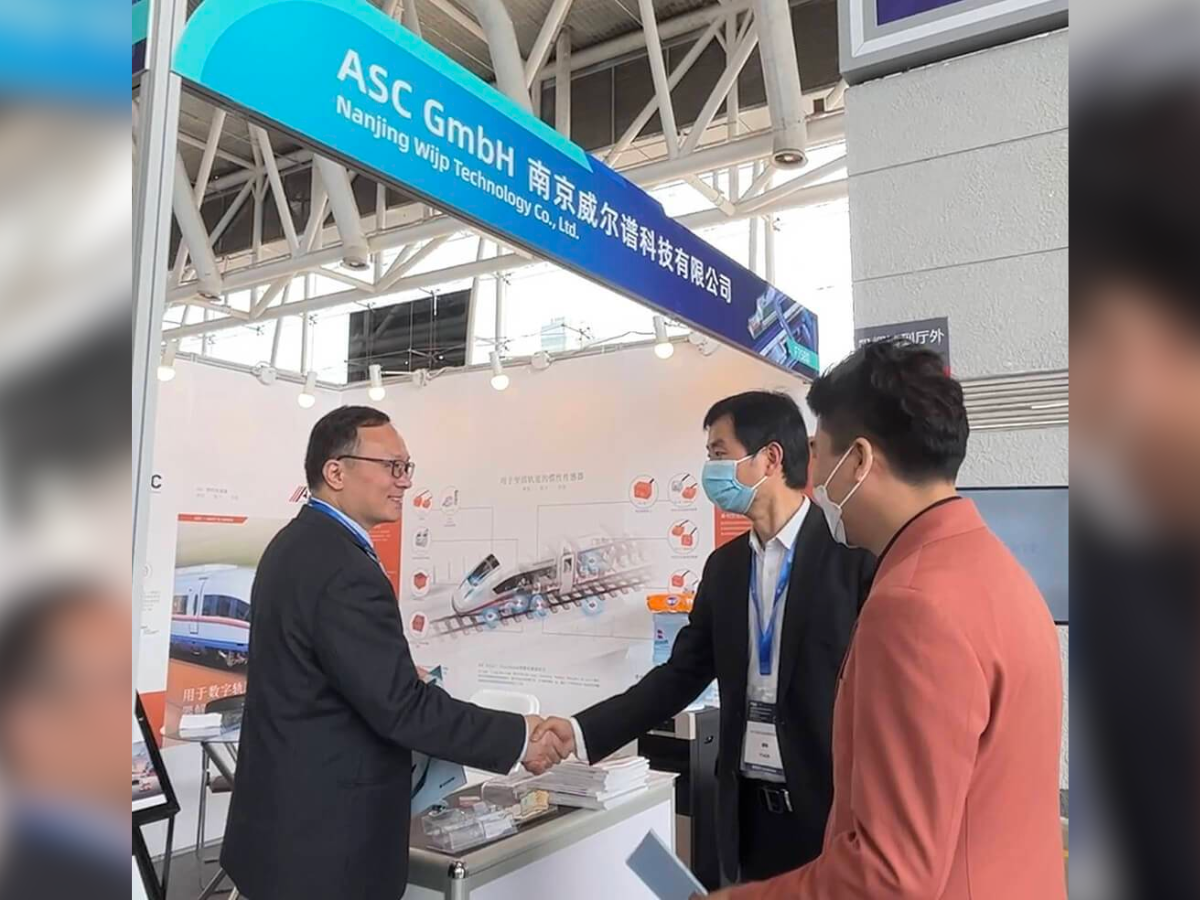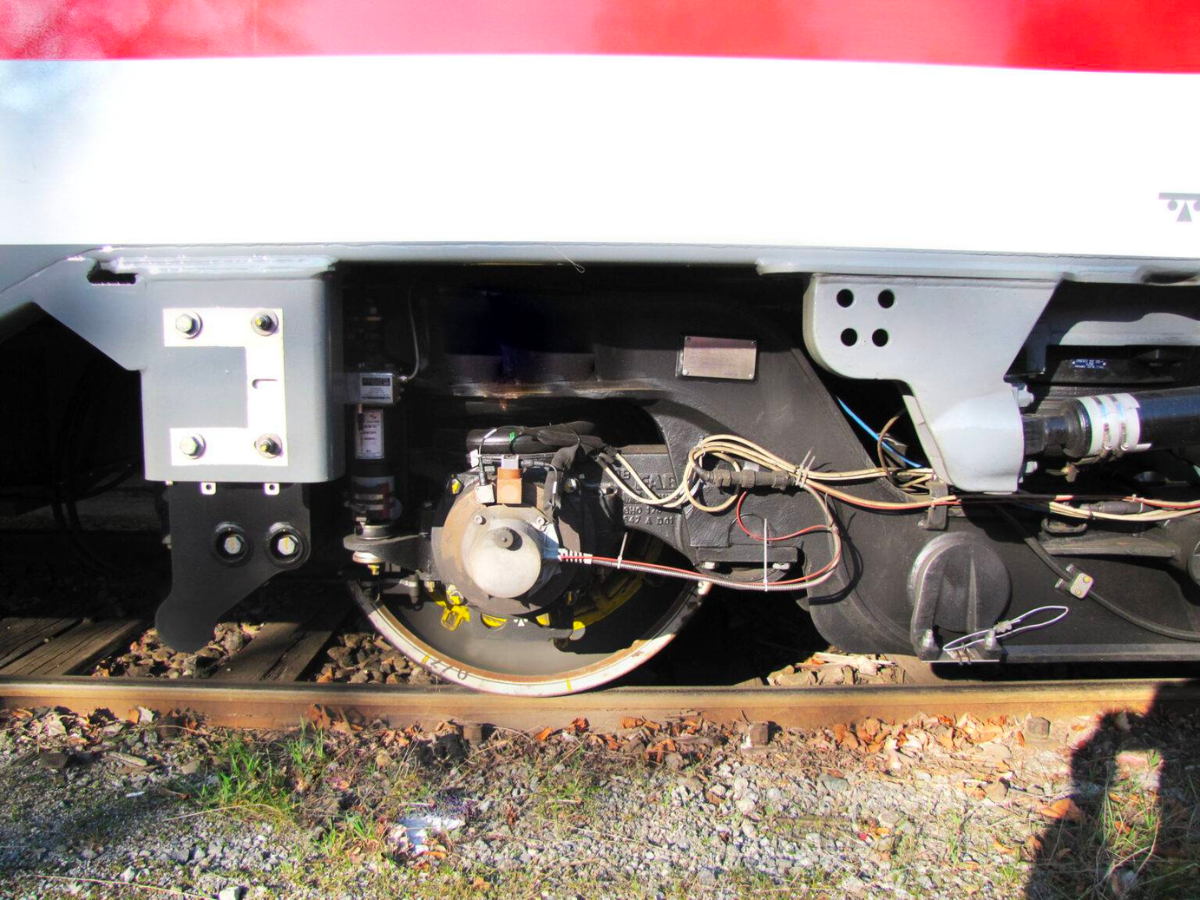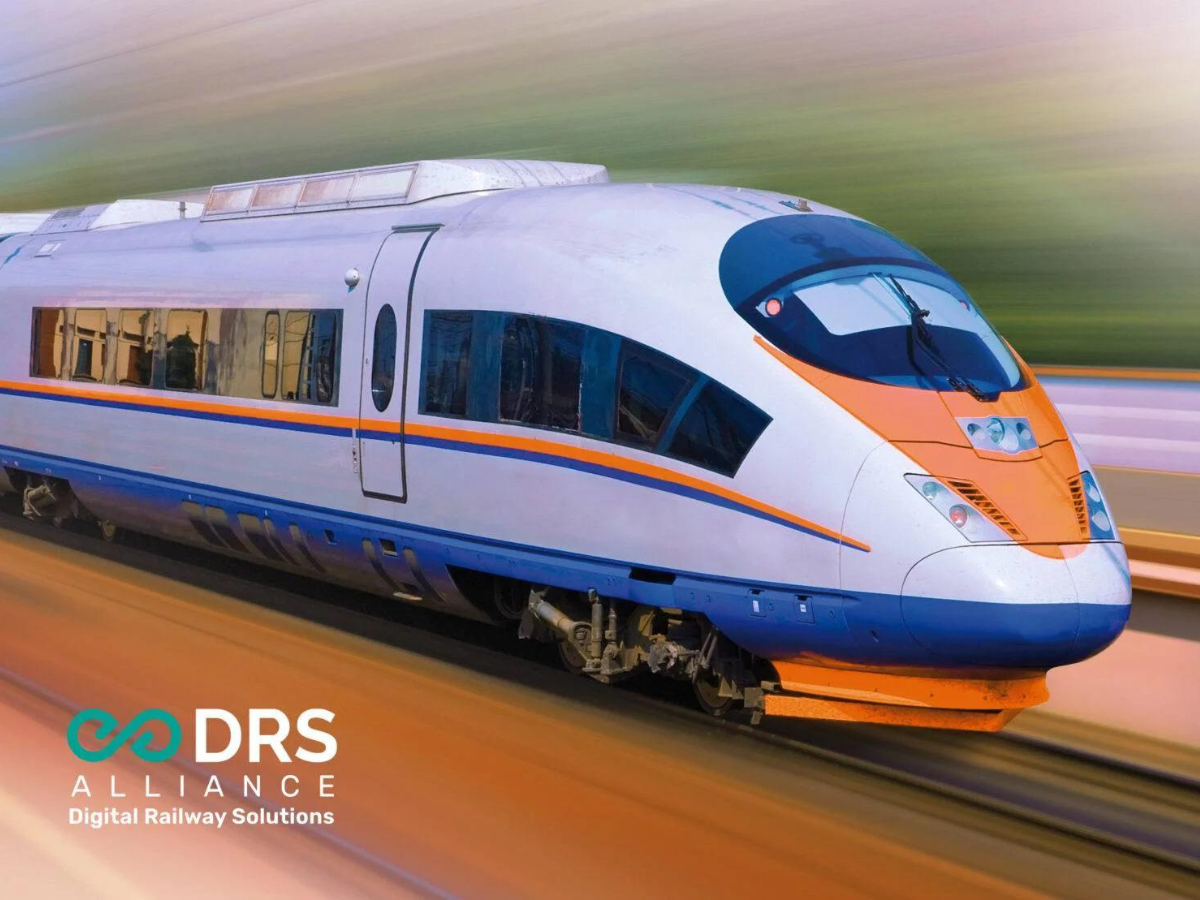Passenger train commissioning testing must meet the highest safety and riding comfort standards.
In certification tests of a new British long-distance train model, measuring technology specialists imc utilized ASC sensors that could be customized, produced and installed at short notice. They convinced with extreme accuracy, sensibility yet robustness, and seamless integration to imc’s own data architecture.
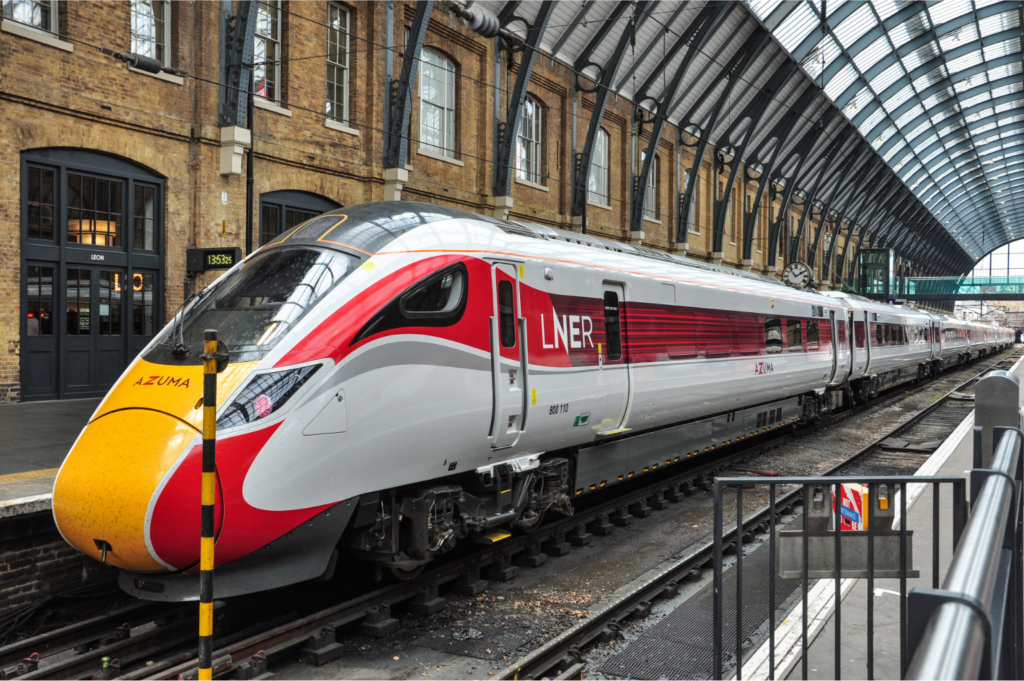
imc’s engineers routinely conduct rail certification testing all over the world. When a British railway operator asked the company to get a new long-distance train ready for public service, they only had three weeks to start carrying out the mandatory tests required for approval.
imc sales engineer Torsten Michel, remembers:But there was an issue: our client’s standard supplier was unable to deliver the required sensors for testing within that timeframe.
We needed a viable alternative – instantly. That’s how we first connected with ASC.
As all other sensor producers and suppliers imc contacted were shying away from the combination of tight deadline and special requirements. Time was of the essence and imc had ring-fenced a cohort of 60 engineers for this critical testing phase.
Torsten Michel continues:However, in the absence of appropriate sensors to meet our specifications, this large group of highly skilled professionals had not much to do …
German inertial sensor specialist ASC produces locally and, therefore, is typically able to flexibly meet customized, short-term needs. Jointly with imc, their engineers defined critical parameters to then tailor fitting solutions from ASC’s broad high-precision inertial sensor and IMU program.
Uniaxial and triaxial capacitive accelerometers were selected to measure the dynamic stability of the bogie and how its acceleration affects passengers. The new train model would only receive operating permit if values from these tests corresponded with the relevant DIN EN 14363 standard.
Michel explains:We chose ASC’s low-noise sensors for their excellent signal-to-noise ratio. They are able to capture even the smallest frequencies and amplitudes, which leads to highly significant results.
Developed to prevail in the harshest conditions, capacitive accelerometers of the ASC OS-series are made to resist intense shocks and vibrations of up to 5000 g. They are hermetically sealed to prevent external factors from influencing accurate data acquisition – suitable for nearly all climate zones around the planet.
“ASC’s sensors allowed for the seamlessly integration to our complex imc CRONOSflex measuring unit,”, says Michel. Compatibility is key, particularly in train commissioning tests where huge numbers of data from diverse locations and channels are being collected and analyzed.
Michel explains:However, the magnitude of all testing required for a new train type to be approved does not happen sequentially any longer.
Today, we’re packing as many compatible challenges as possible into one test run, to keep the disruption of railway tracks low and costs down.
Another advantage of such integrated test runs is that they more closely resemble real-world conditions. While the complexity of integrated testing requires impeccable planning and preparations, the highest standards of sensor solutions, sophisticated data processing and deep technical expertise.
Did the new train that imc tested make it through UK registration? “Yes of course,” laughs Torsten Michel. The new model has been in regular long-distance operation ever since.
Torsten Michel, finished:We are grateful to ASC for rising to the challenge and stepping in with their cutting-edge sensors. More than that, we were impressed how resourcefully and flexibly ACS’s engineers were able to accommodate all our client’s needs. That’s the hallmark of a great vendor – they listened, advised, and delivered.
Learn more about ASC’s extensive sensor portfolio.
This article was originally published by ASC German Sensor Engineering.

